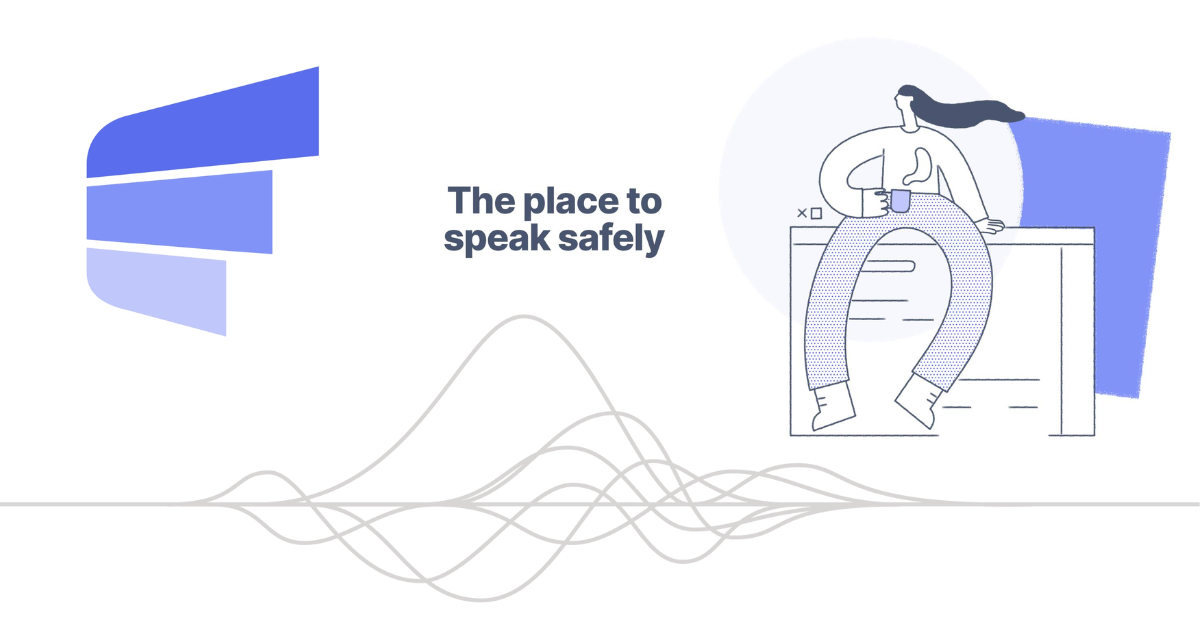
How to get compliant with the Whistleblowing Law
The Respect at Work Bill, commonly called Respect@Work, is a pivotal legislation amendment to eliminate sexual harassment and sex-based discrimination in Australian workplaces. This legislation signifies Australia’s commitment to creating safer workplaces where employees are protected and businesses are held accountable for unlawful conduct.
From December 12, 2023, Australian businesses will be required to be proactive, not just reactive, in preventing harassment. To meet compliance with these new rules, the Australian Human Rights Commission (AHRC) has released guidelines to help businesses adapt to the changes.
In 2020, the Australian Human Rights Commission published the Respect@Work: National Inquiry into Sexual Harassment in Australian Workplaces report. The inquiry underscored the extent of sexual harassment in Australian workplaces. Based on a national survey, the findings were stark:
In response to the findings, the AHRC detailed a list of recommendations to eliminate conduct that creates a hostile work environment based on sex. In 2022, the Australian Government amended the Sex Discrimination Act 1984 to address these recommendations.
Most importantly, the Bill introduces a “positive duty” for all employers. Specifically:
The new laws expand coverage to protect Australian workers conducting business with or coming into contact with third parties. Companies, sole traders and organisations must now take reasonable measures to eliminate unlawful conduct from customers, clients and the general public who come into contact with their employees, subcontractors, gig workers, volunteers and apprentices in a work context.
While the positive duty requirements may appear broad and even impractical for small businesses, the guidelines suggest a degree of flexibility. What is achievable for a large corporation to implement may not be feasible for a freelancer or small business operator to conduct. In determining “proportionate” or “reasonable” measures to eliminate harassment, the Commission considers an organisation’s size, location and nature. It also considers the risk factors present within the organisation. A fast food stand that operates late at night will have vastly different risk factors than an online business consultant.
From 12 December 2023, the Australian Human Rights Commission will have the power to conduct inquiries into organisations they suspect are not adhering to the positive duty. They can engage in legally binding agreements detailing the actions a business must take to ensure compliance.
The Commission has laid out seven standards that all businesses must adhere to in order to satisfy their positive duty. The mechanisms to address each of the standards are adaptable to each organisation. While larger businesses may need to implement anonymous reporting tools, human resources training and employee awareness campaigns, small businesses are permitted less formal and costly measures to tackle sexual harassment.
Anonymous reporting systems, like Whistlelink and Elker, are critical tools in the campaign toward eliminating sexual harassment and discrimination in the workplace. Having a confidential, anonymous channel for employees to report incidents of misconduct has sound benefits for your business, such as:
Importantly, these anonymous reporting systems are integral to company culture. They streamline the reporting process and lower the threshold for employees to alert leaders to misdemeanours before they become major public incidents. The result is not only a safer workplace. It is a protective layer for your company’s integrity and reputation.
Alex Murray is an expert in technology and a regular writer with the team at Elker. Please visit Elker’s website to learn more about their solutions.
Want to know more? Keep reading the Whistlelink blog to find out the latest news and corporate best practices!
If you have any thoughts about this article or would like to know more about Whistlelink, we’d love to hear from you.
Whistlelink values your privacy. We will only contact you about our solutions.
You may unsubscribe at any time. For more info, please review our Privacy Policy


Nice to meet you!

HAPPY TO MEET YOU!
Whistlelink values your privacy. We will only contact you about our solutions. You may unsubscribe at any time.

HAPPY TO MEET YOU!
Whistlelink values your privacy. We will only contact you about our solutions.
You may unsubscribe at any time. For more info, please review our Privacy Policy
